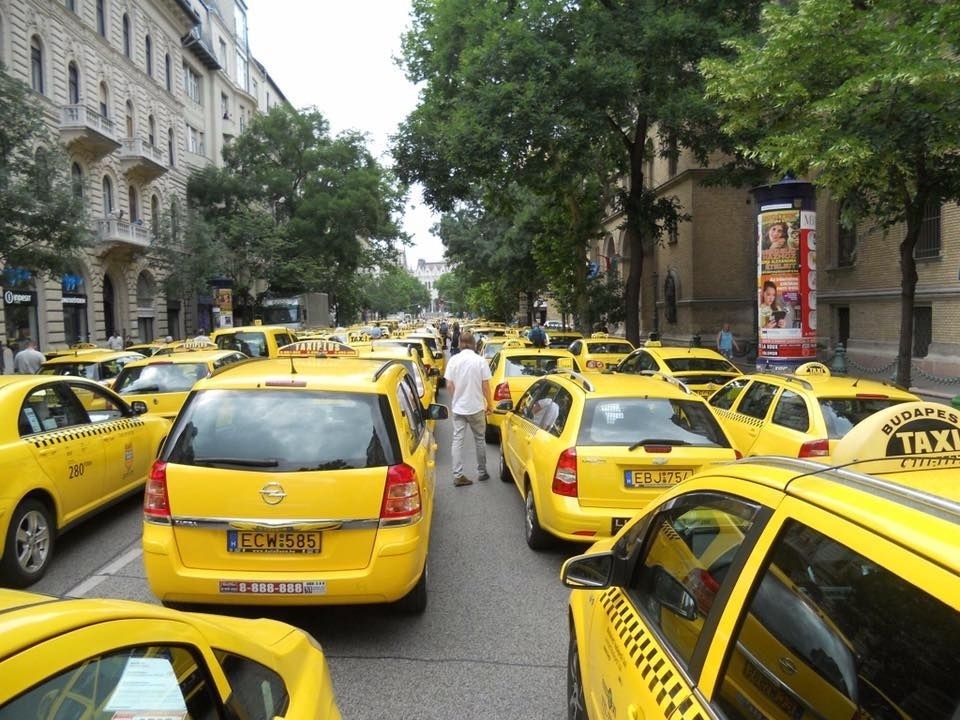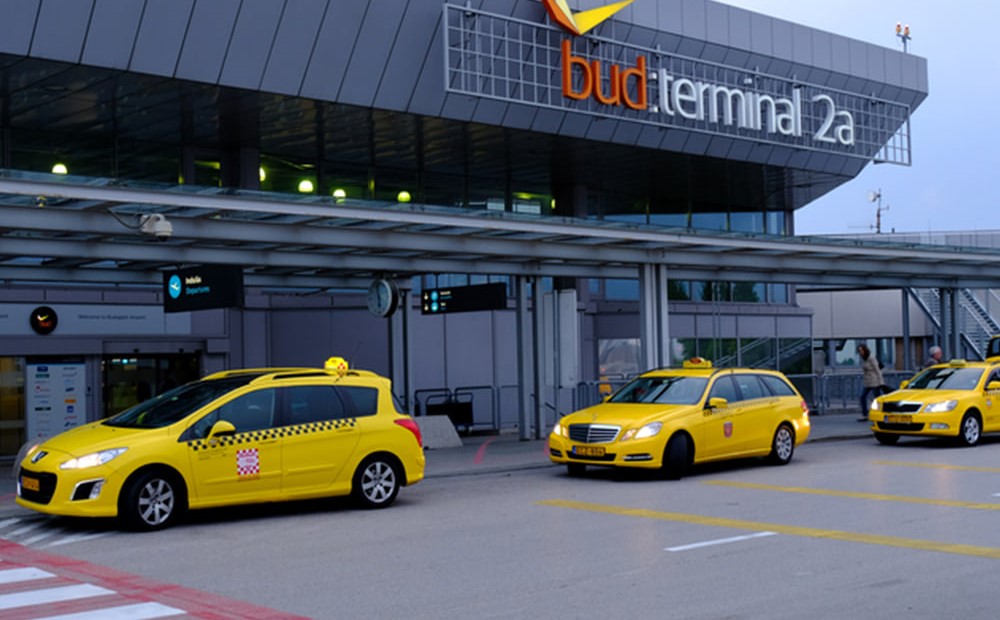Budapest taxi prices to increase significantly from May!

The Council of Budapest, the Budapest Transport Centre, the taxi companies, and taxi trade unions in Budapest agreed on Friday. As a result, taxi fares in the Hungarian capital will increase significantly from May. Details below.
Everybody agreed that taxi fares needed to be increased
According to Pénzcentrum, the Council of Budapest, the Budapest Transport Centre (BKK), Budapest taxi companies, and trade unions have had ongoing negotiations since November 2021 about a possible price increase. As we reported in March, there have been no changes in the tariff elements since 1 July 2018.
The basic charge is HUF 700 (EUR 1.88), the per-kilometre charge is HUF 300 (EUR 0.8), and the per-minute charge is HUF 75 (EUR 0.2).
However, the average earnings of the national economy, inflation, and fuel prices have increased significantly. Thus, all parties agreed at the end of last November that the current official prices needed to be revised.
Negotiations lasted for more than six months, and the parties announced their new agreement yesterday.

35 pc price rise
First, the Council of Budapest said that they could not allow a taxi price increase because the government forbade the local governments to raise any charges. The cabinet clarified in February 2022 that taxi fares are not subject to the moratory. Thus, negotiations could continue.
According to the new price agreement, the basic charge will be HUF 1,000 (EUR 2.66), the per-kilometre charge is HUF 400 (EUR 1.06), and the per-minute charge is HUF 100 (EUR 0.27). That is a 35 pc price increase in Budapest.
The next session of the Budapest Municipal Council on 13 April can accept the new decree. If the councillors agree, it will
come into force on 9 May.
A vice-chairman of the Budapest Chamber of Commerce and Industry welcomed the new rules. Zsolt Zsabka added that the new prices exceed the original demands of the taxi companies but reflect the economic situation, inflation, and wage increases. Therefore, he expressed his happiness that the new agreement solves the problems of taxi service providers.

Automatic price correction?
The new agreement includes some elements that help taxi drivers. Among others:
- they will not be restricted to accepting new passengers only at taxi stations;
- licensed taxis will be able to use 4 season tyres;
- only those e-taxis can provide service that can do at least 150 km fully charged;
- provided the passengers pay with a card, authorities will accept digital invoices;
- when issuing a new taxi station use permit, authorities will examine not only the car’s license plate but also its chassis number;
- from January 2024 on, only EURO6 vehicles can be taxis to reduce emissions;
- BKK will raise its monitoring processes from 190 to 240.
The Budapest Chamber of Commerce and Industry proposed a 19 pc price increase in November 2021. However, since then, the economic situation has changed. Therefore, the Budapest Council accepted that a higher increase rate is inevitable. Nevertheless,
they could not agree on an automatic tariff correction method, which could incorporate consumer or fuel price rises.
That will be important if, for example, the government withdraws the price cap on fuel.
All parties agreed that cars older than 15 years should not be allowed to provide taxi services. Therefore, they will submit a relevant proposal to the government.
Source: Pénzcentrum





